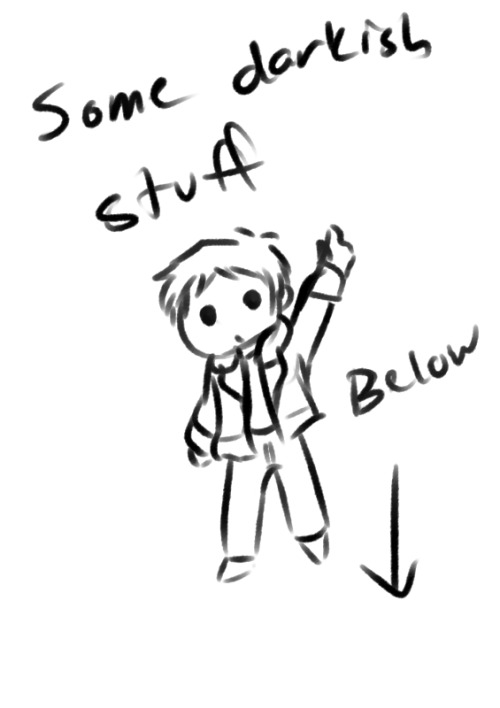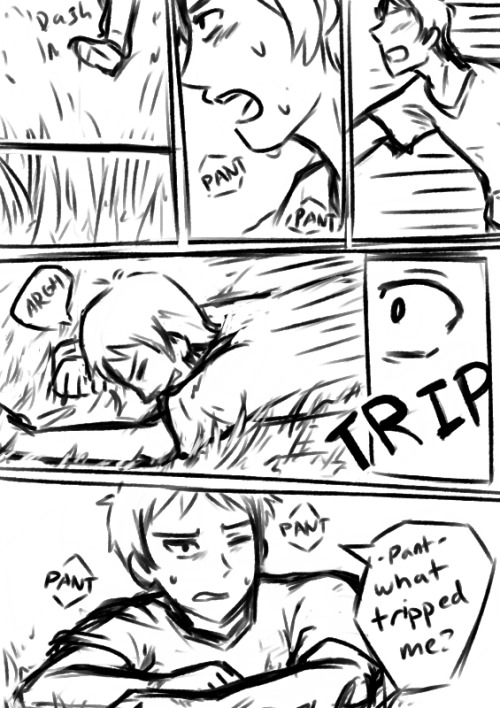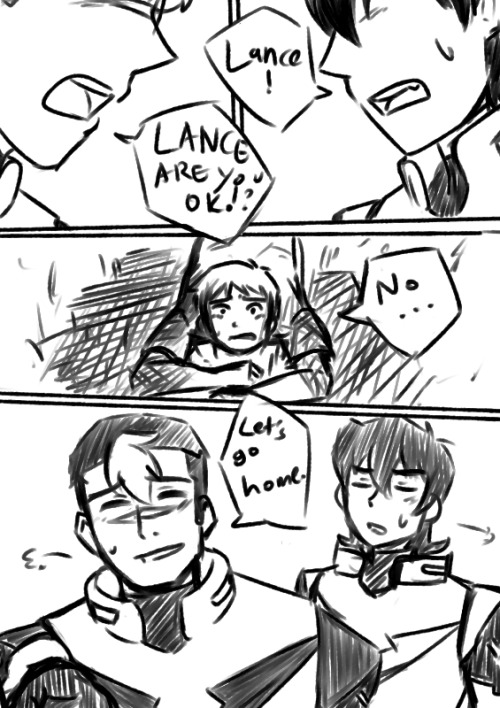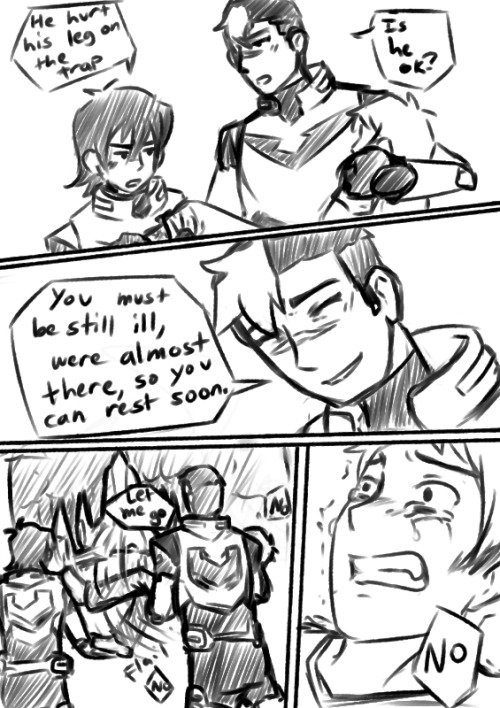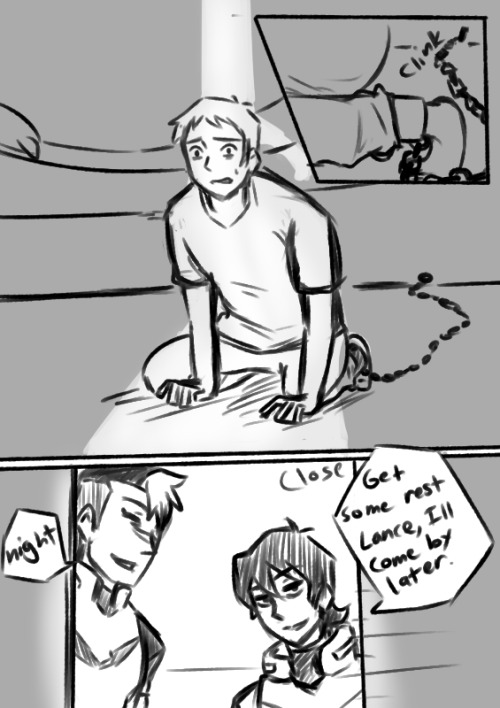#make sense
Not being able to finish my social work degree was a blessing.
I wanted to be a therapist but I look at the field now and just am so grateful I’m not in it.
I still have people who are like “oh that’s sad you would have been a great therapist” and I’m just like “that is not the compliment you think it is”.
[[read time: 9 minutes]]
A couple people commented and wanted to know more so I thought I’d expand a little.
I was specifically getting a BSW as a means to enter an MSW program and become a therapist. So there are the issues I have with social work as a field and my particular training and then there are the issues I have with therapy as a field and the training I got there. There’s some overlap but they do differ.
Nothing I can say here hasn’t already been said by much more eloquent and informed people than me but I’ll run through them.
Social work is had a very complicated history that few in the US seem to know about or understand and it was really glossed over in my classes. It’s very much tied to the charity/philanthropy movement where urban upper class women would start and run charities almost as a hobby or status symbol in part because their vocational options were limited and they had fewer demands on their time.
It was definitely not meant to “challenge the system” in any way. Women who took on and developed social work brought their ideals of “limited government”, self-reliance, and eugenics to the way they developed one of the core aspects of social work - casework. I personally think you can still see it in the way casework is taught today - basically acting like supplying a bunch of resources will “fix” an individuals situation and allow them to pull themselves up by their boot straps.
I’m not saying all social workers do this, but I’m saying the tool itself isn’t exactly designed to change a person’s circumstances or deal with their histories in a meaningful way.
Beyond this, I thought it was pretty ridiculous that I was expected not only to work for free for nonprofit orgs for a not insubstantial time that cut into my ability to hold down a part time job but also find the placements completely on my own in a city I had just moved to. Teachers would make suggestions if I asked but I had to contact, interview, and finalize all placements on my own. Twice I took placements that teachers had initially okayed and then when I presented on them, they implied I’d chosen poorly. Like you really were expected to just know and do a lot without any training or pay.
What a lot of people don’t talk much about is that the non-profit industry - and it is an industry - depends, like absolutely would not function, without these unpaid practicums. Like I literally had places basically beg me to take them as their practicum or they’d have to cut services or revise grants - that is a lot of pressure. I was 24 but most of my classmates were 18. Like, holy shit.
The fact that the US’s stop gap to the absolute joke of a social safety net we have depends on the unpaid labor of a group of mostly literal teenagers with very little training is fucking wild. Add in the fact that I was not the only person having to skip meals and take various “side hustles” to make ends meet - and still got the electricity cut twice my first year - means it literally people in poverty being used to serve other people in poverty. I mean there were a couple people in my classes who were coasting on their parents money but that was definitely not the majority.
I remember I realized I couldn’t afford to buy a certain textbook for a class that wasn’t central to my degree and the book was only needed for one part of the homework so I skipped it. And when the teacher asked me why I didn’t turn in those assignments (which were only 10% of the grade mind you) I explained I couldn’t afford the book the questions were in because it would have meant not eating for several weeks, I didn’t know anyone else taking the class, and I fully recognized I would get a lower grade and was okay with it.
Instead of offering to send me the questions, she basically said if I couldn’t afford the book I had no business taking the class and that since I was in social work I should have known the food pantry was an option. As anyone who’s had to rely on a food pantry can tell you about, that was not a situation I was about to put myself in willingly for the third time in my life at that point. Trying to make meals out of food pantry items is like the worlds worst version of Iron Chef. It’s hell.
And that really does sum up the attitude of the social work program I was in. It very much had that attitude from the historical roots of social work - running a charity is for those of a certain means. If you’re not of those means, then what are you doing here?
Fuck this is long and I haven’t even gotten to therapy…
Therapy as a field is a whole other can of worms but I think my complaints fall into a few main camps.
Therapy in the west has it’s roots in the leisure sciences that were specifically interested in behavior modification and social engineering. It was a field of study initially driven by wealthy people looking for an interesting hobby and they brought their classist and colonial ideas to the field with them. Like social work, I’m not convinced the field as a whole has really dealt with that legacy. Again, not all therapists have a colonial and classist and worldview, but some of the modalities were built by folks who did and that does impact the course of treatment as much as therapists like to claim it doesn’t.
There are lots of folks I know who are doing work to decolonial and totally disrupt therapy to become something more accessible and beneficial - but the field as a whole isn’t there yet in my experience as both client and trainee.
My other beef is that therapy in the West basically professionalized listening and understanding other people’s problems. So on the one hand we have people feeling like they’re unqualified to provide basic emotional support and referring people to professionals and the other we have people with questionable training - more on that below - using a diagnostic criteria some studies have found to be “scientifically meaningless” doling out letters that allow people access to vital resources or denying them that.
It’s also basically a meme at this point to say folks - often men - need to go to therapy. I don’t know how to tell you this but we have literally no modality that has shown long term success in abusers. It’s - at best - about a 50/50 shot whether someone relapses before a 12 month follow up in most studies I’ve seen. We don’t have any proven modality for helping folks deprogram their toxic masculinity - a huge cause of mental health problems both for the people who were raised to perform it and the people who were raised to abide and support it. We still don’t have modalities that show long term success for a lot of personality disorders.
Why are regular folks pushed out of providing basic support and chastised for basically speaking out of turn about topics that impact them? Why are we referring everyone to therapy when it’s frankly not equipped to improve the lives of some of the groups most often referred to them?
Therapy training in the West, or what I was able to get through any ways, is…look I just don’t know how to say it any other way - it kind of sucks. It’s really really overblown. I remember being so excited to get into my first practical therapy classes and just going…is this it? And then the next semester - same thing. It’s hard to put my frustration with the training into words other than it felt very hand wavy, empty, poorly reasoned, and often it turned out, poorly researched.
So many modalities wind up getting debunked and falling out of favor every 20-30 years or so but this never really got acknowledged in our training which felt like a major oversight to me. In times when I’ve needed to use deeply empathetic interpersonal skills, I can’t say I generally reached to the tools of my therapeutic training much. I’ve gotten more use out of communication studies honestly.
Now it could be I was just too early in my training to even glimpse what made that training so important or helpful but I talked with folks who continued on and never really heard about anything that seemed…vital. Combine this illusion of mythical competency with the tendency to literally gatekeep (the original definition, not tumblr’s) people from resources they need and it’s just…
I’m glad I’m not in that position and having to make that call.
As a tarot reader and writer, I can help people in ways that don’t uphold various oppressive systems. I don’t have to possibly make morally dubious decisions to separate people from material necessities based on inclusion/exclusion criteria based on a taxonomy of the human mind that doesn’t survive contact with human realities. It’s not about needing the fields to be perfect before I’d engage with them - I just know the work or trying to reshape them would have been crushing to me and others are much better suited to that task while I am much better suited to my present work.
I’m thankful my illness changed my course in this way even if it did come with it’s own downsides.

